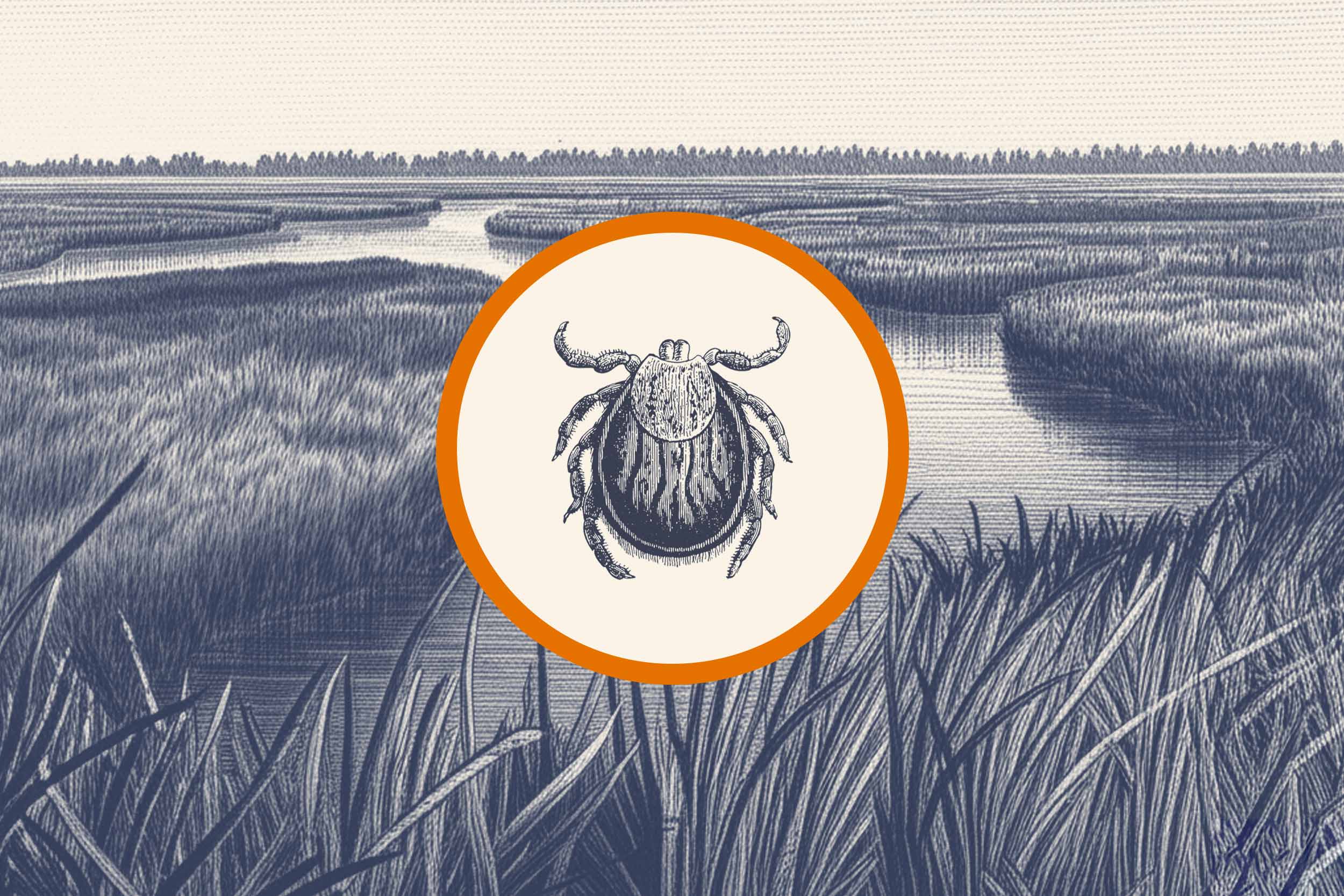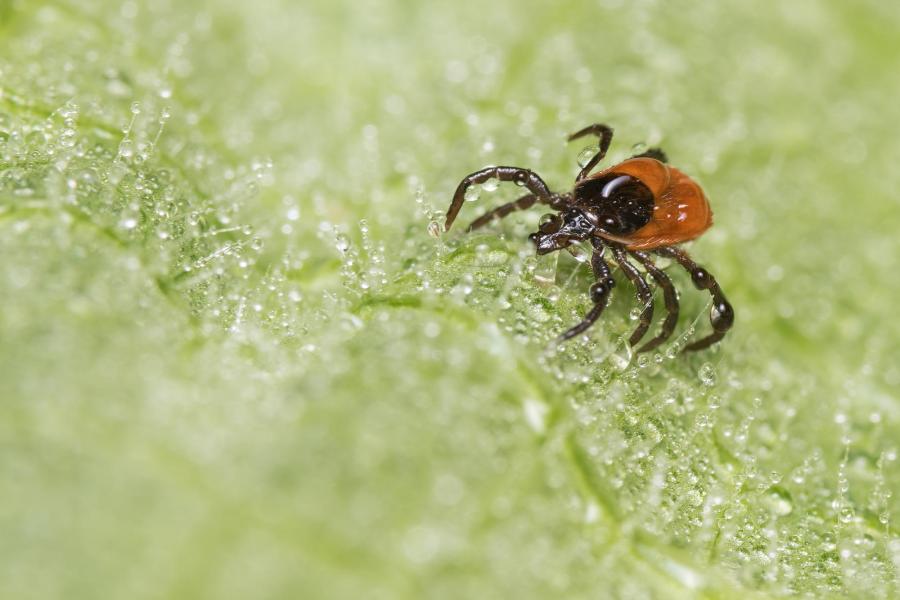If you think you are seeing more ticks, you are not imagining things. With the growth of the deer population come more ticks, which can spread maladies like Lyme disease and Rocky Mountain spotted fever. And now, a study has found a new and rare tick-borne illness has crossed Virginia’s borders.
The deer tick – the same arachnid that transmits Lyme disease – spreads the parasitic infection babesiosis.
Since 2016, the Virginia Department of Health has confirmed 17 cases in the commonwealth, according to the study published in the Journal of Medical Entomology. Most of them were on the Eastern Shore or in Southwest Virginia.

Dr. Jeffrey Wilson, an allergist and immunologist, says doctors in Virginia should begin testing for babesiosis when treating patients with tick bites. (Contributed photo)
Dr. Jeffrey Wilson, a University of Virginia allergist and immunologist, says that while that number is low, doctors should start testing for babesiosis when treating patients in the state with tick bites.
He answered UVA Today’s questions about the disease, how it affects people and how to stay safe this summer.
Q. What are the symptoms of babesiosis, and how will it affect people in Virginia?
A. It can be a wide range. It is my understanding that people can definitely acquire babesiosis from a tick bite and be asymptomatic. So, in some ways, that’s probably the most likely outcome.
But then there are the people who get a tick bite and develop symptoms. It’s flu-like, just in simple terms, but you can have an objective fever. You can get the aches and the chills and the headaches. That’s probably going to be the most common outcome.
But then, in more rare cases, it can be severe. Babesiosis can (have) a bad outcome, particularly in people who are higher risk: people who are immunodeficient, people who have had their spleens taken out for some reason, people who have malignancy and may be on chemotherapy; basically, people who are immunocompromised. Then it can be bad. It can be life-threatening.
Q. How can people protect themselves?
A. Awareness (is) a big part. And certainly if you’re going to be out in a place in Virginia or anywhere in tick country … taking the precautions. The spray that I talk about in the clinic is permethrin. I think permethrin’s got the best data for tick mitigation.










